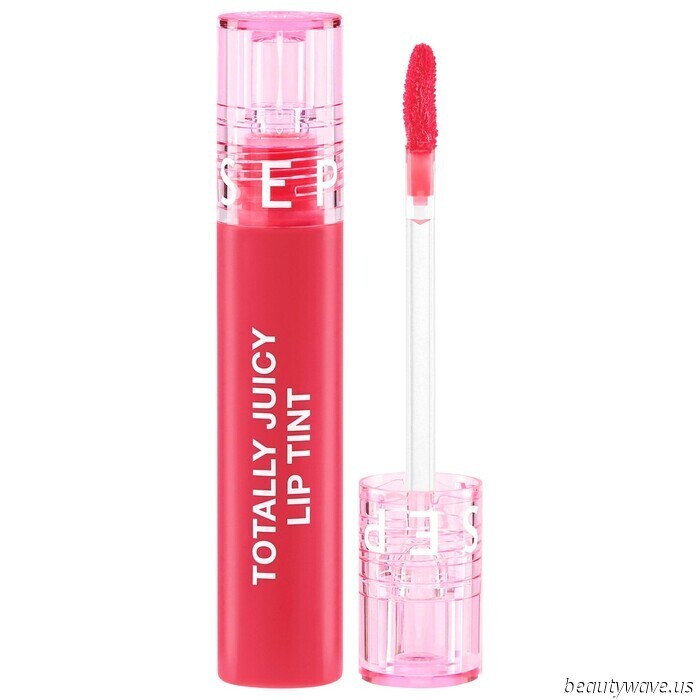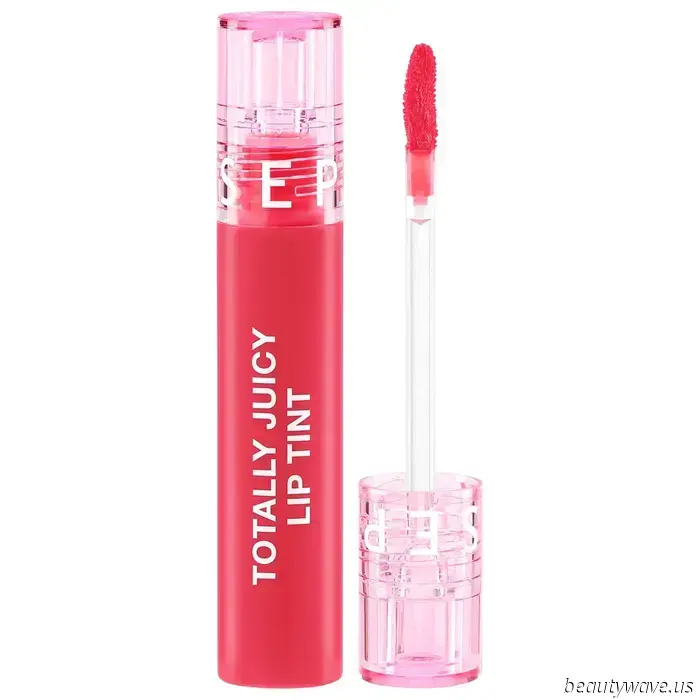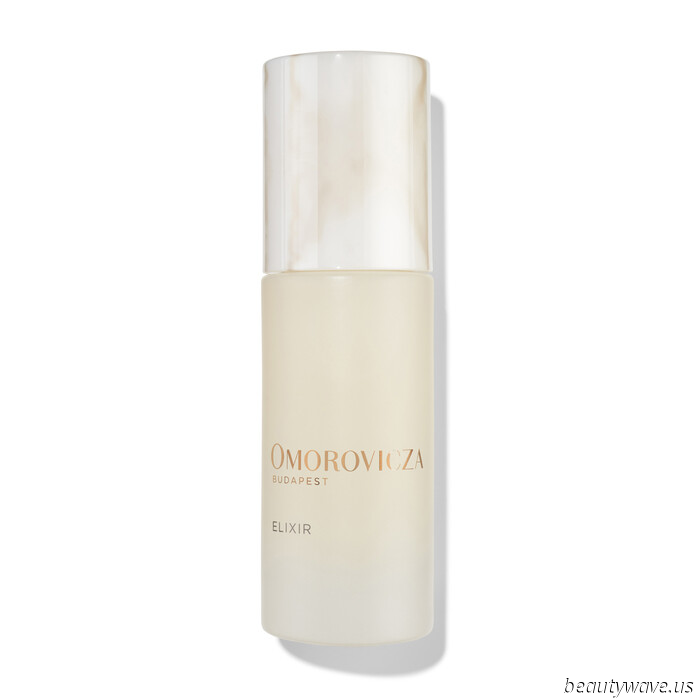
Probiotics for Acne are Gaining Popularity, But Do They Really Work? Here’s What an Expert Recommends.
Trust me, acne is a complicated issue. It can take time to determine the exact reasons behind your breakouts, but recently, there’s been an increased discussion about other factors besides hormones that may contribute. One concept gaining attention is the gut-skin axis, which illustrates the connection between our skin and the health of our digestive system. Naturopathic doctor Bryant Esquejo, ND, notes, "researchers have discovered that issues in the gut are related to skin conditions like acne, eczema, rosacea, and more. Specifically regarding acne, it has been linked to several gut problems such as irritable bowel syndrome (IBS), peptic ulcers, and constipation." This perspective certainly changes how we view breakouts, doesn’t it? During my own experience with acne, I realized that my breakouts weren’t primarily due to products or hormones; instead, they are related to the complex gut-skin axis, as Esquejo mentions. Given this understanding, it's understandable why there has been a rise in the use of probiotic supplements aimed at improving skin clarity in recent years. So can certain probiotic strains actually help clear up breakouts? I sought Esquejo's expertise for his opinions on the matter. Continue reading for his insights.
The Connection Between Skin Conditions and Gut Health
Interestingly, Esquejo points out that gut imbalances aren't solely associated with acne. Recent research has identified links between various gut issues and other skin conditions like eczema and rosacea. Everything is interrelated — he even suggests that your gut regularity might indicate something significant. Esquejo states, "Research has found that individuals with acne tend to have fewer beneficial gut bacteria compared to those without. A 2020 study also established a link between acne and the stomach bacteria helicobacter pylori. Importantly, some of the findings regarding the gut microbiome may impact the gut issues mentioned earlier." As for eczema, a 2021 study indicated that it is related to other gut conditions such as constipation. The research noted that "individuals who are constipated had a 2.31-fold higher risk of [eczema] compared to those who are not." Esquejo also refers to a 2014 study that demonstrated a negative correlation between lower diversity of gut bacteria and the severity of eczema. Meanwhile, rosacea has been associated with small intestinal bacterial overgrowth.
I had previously heard from various wellness experts that diversity in the gut microbiome is vital for a healthy digestive system, but according to the studies mentioned, it's also crucial for maintaining skin health. As more research emerges, it will be fascinating to see if new probiotic therapies are developed specifically targeting acne.
Can the right probiotic really address your skin issues?
As I mentioned earlier, I struggled to identify the root cause of my acne until I discovered a suitable probiotic. Finding the right one required considerable trial and error. With so many probiotic strains available, it’s challenging to determine which is best for your specific gut and skin problems. While it is possible to find the right probiotic on your own, consulting a naturopathic professional like Esquejo, a gastroenterologist, or a functional medicine specialist can simplify the process of identifying whether gut issues are behind your breakouts.
The probiotic that helped me was Microbiome Labs' MegaSporeBiotic ($59). After three months of use, I noted improvements in my skin. Given my positive experience, I asked Esquejo if he believes probiotics could be a real solution for acne. His response urged caution, as opinions and studies on this topic vary. "A review of the research shows mixed results regarding probiotics and acne," Esquejo explains. "A 2019 review highlighted that different studies utilized various probiotic strains; some strains are beneficial for the skin. This variability and the diverse claims from companies make it quite perplexing for anyone trying to navigate probiotics independently. Although some strains may offer support, many individuals have reported no improvement from using probiotics for their skin. This discrepancy may be because, while acne is linked to fewer beneficial bacteria, it’s also associated with H. pylori in the stomach. While probiotics might help replenish beneficial bacteria, it’s often unclear which specific strains are lacking, making it difficult for most people to know which probiotic to choose. Furthermore, probiotics alone might not effectively address conditions like H. pylori, which typically requires more intensive treatment."
Although the gut-skin axis is significant for skin health, Esquejo emphasizes the importance of considering other influences, like blood sugar and hormone levels. He also advocates for a comprehensive assessment with a healthcare provider when addressing acne for a clear understanding of the factors at play.
Supporting the Gut-Skin Axis
Esquejo emphasizes the importance of monitoring your gut microbiome's health. "Lab tests can provide valuable insights to help tailor solutions for the gut-skin axis," he explains. "With this information, individuals can assess whether a probiotic would











Other articles
 Emma Roberts discusses the denim trend she is bringing back and shares her tips for wearing boots comfortably throughout the day.
In a special interview at the Revolve Festival, Emma Roberts discusses her favorite denim trend, her tips for staying stylish and comfortable in boots throughout the day, as well as the brands she’s currently enjoying.
Emma Roberts discusses the denim trend she is bringing back and shares her tips for wearing boots comfortably throughout the day.
In a special interview at the Revolve Festival, Emma Roberts discusses her favorite denim trend, her tips for staying stylish and comfortable in boots throughout the day, as well as the brands she’s currently enjoying.
 I Discovered It: The Non-Denim Skinny Pant Trend That Fashion Enthusiasts Are *Really* Donning
The sleek, slightly below-the-knee cut is subtly establishing itself as the most sophisticated substitute for jeans in the summer of 2025. Discover the style and shop now.
I Discovered It: The Non-Denim Skinny Pant Trend That Fashion Enthusiasts Are *Really* Donning
The sleek, slightly below-the-knee cut is subtly establishing itself as the most sophisticated substitute for jeans in the summer of 2025. Discover the style and shop now.
 I'm a stylist based in NYC, and I recently spent three days in Paris. Here are the stylish and effortless outfits I chose to wear.
Easy appearances are forthcoming.
I'm a stylist based in NYC, and I recently spent three days in Paris. Here are the stylish and effortless outfits I chose to wear.
Easy appearances are forthcoming.
 I Dislike Ballet Flats But Adore These Sophisticated Alternatives to Heels
All the height without any of the discomfort.
I Dislike Ballet Flats But Adore These Sophisticated Alternatives to Heels
All the height without any of the discomfort.
 I Adore Fashion Yet Dislike Clutter—Here Are 9 Wardrobe Decluttering Tips I Use to Remain Organized.
There's nothing I love more than shopping. However, when I run out of room for my new acquisitions, I rely on these expert-recommended tips to replace the old with the new.
I Adore Fashion Yet Dislike Clutter—Here Are 9 Wardrobe Decluttering Tips I Use to Remain Organized.
There's nothing I love more than shopping. However, when I run out of room for my new acquisitions, I rely on these expert-recommended tips to replace the old with the new.
 Olivia Rodrigo sported the dress trend that you’ll notice on the most stylish wedding guests this summer.
It's really adorable.
Olivia Rodrigo sported the dress trend that you’ll notice on the most stylish wedding guests this summer.
It's really adorable.
Probiotics for Acne are Gaining Popularity, But Do They Really Work? Here’s What an Expert Recommends.
In short, they absolutely can.
